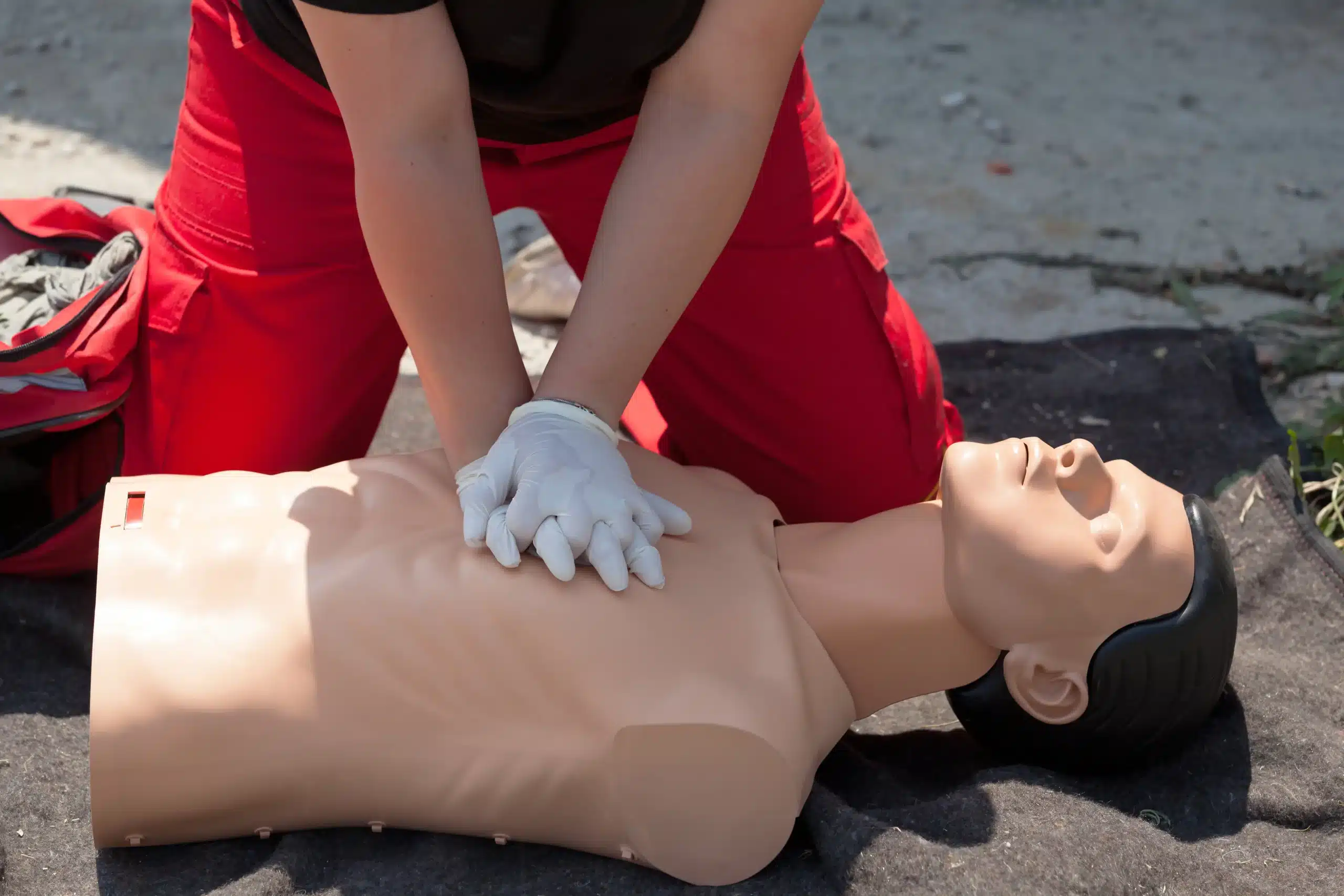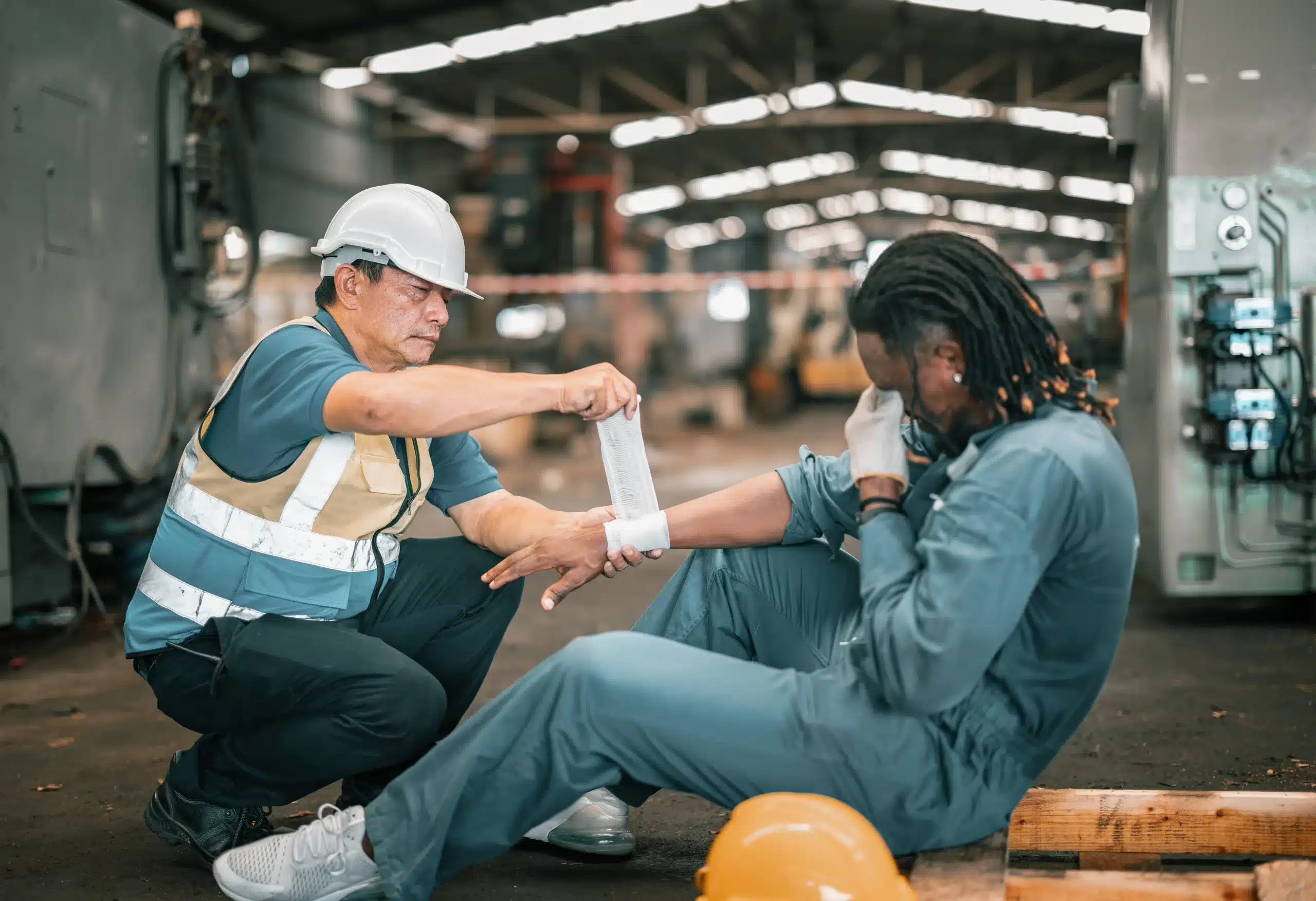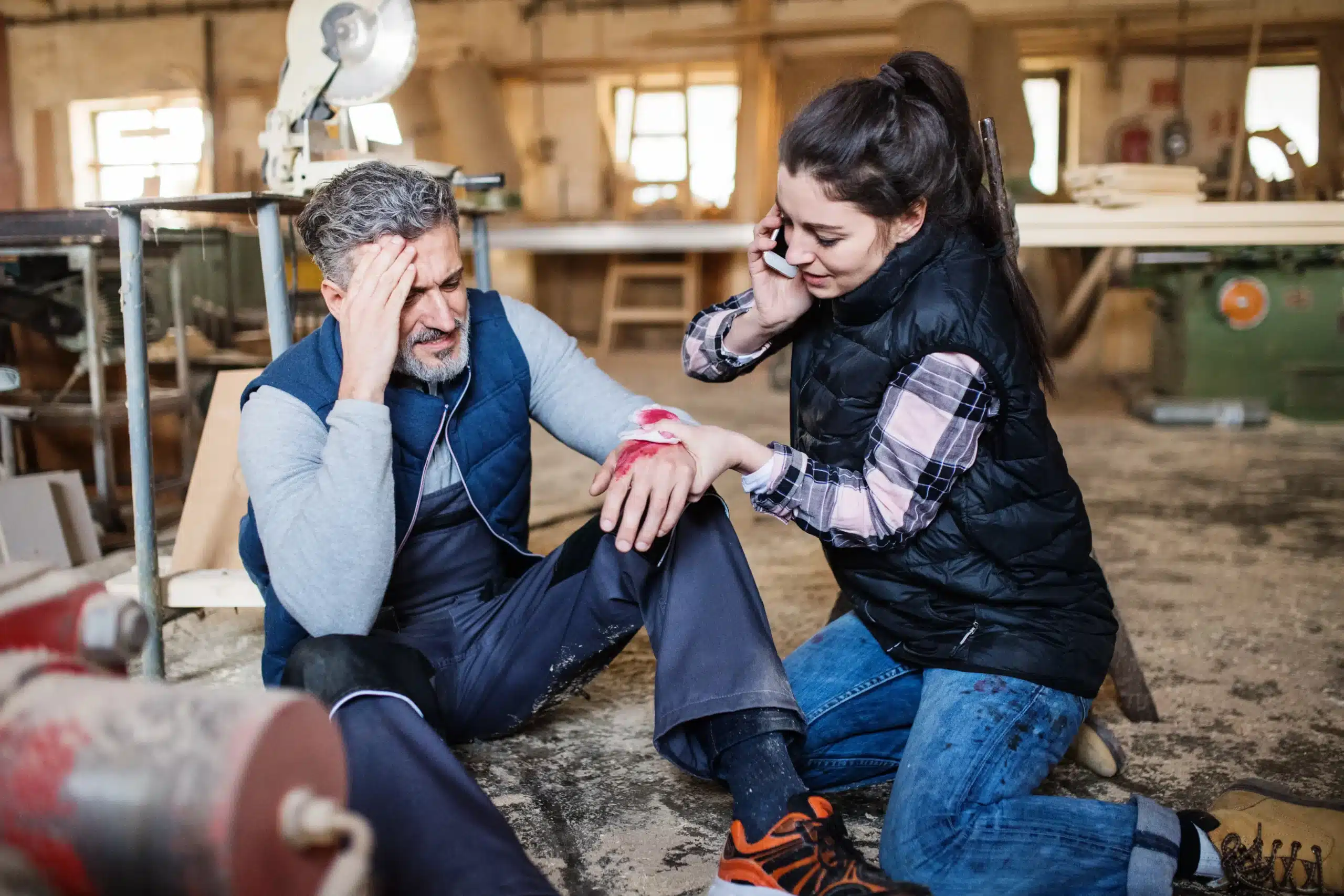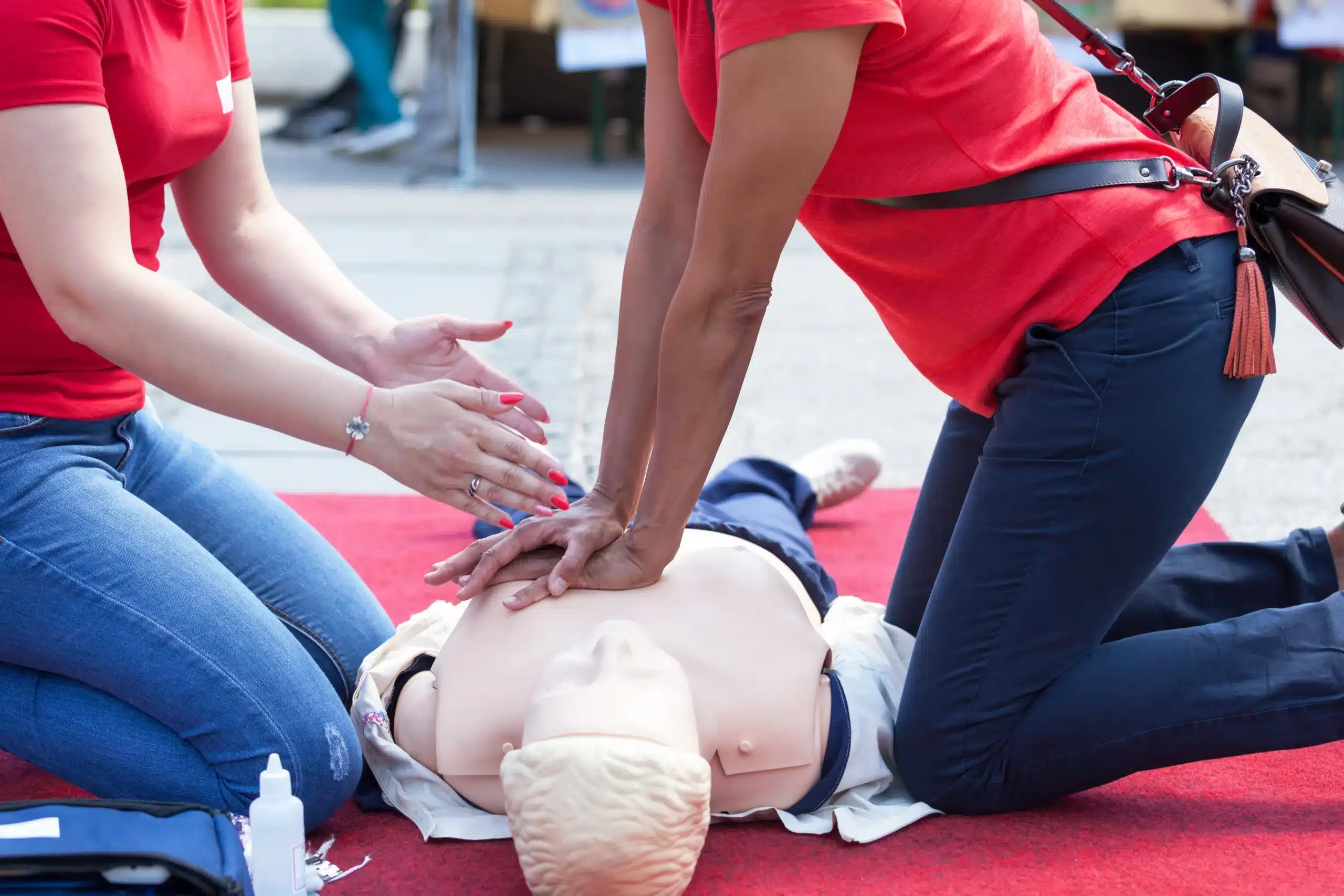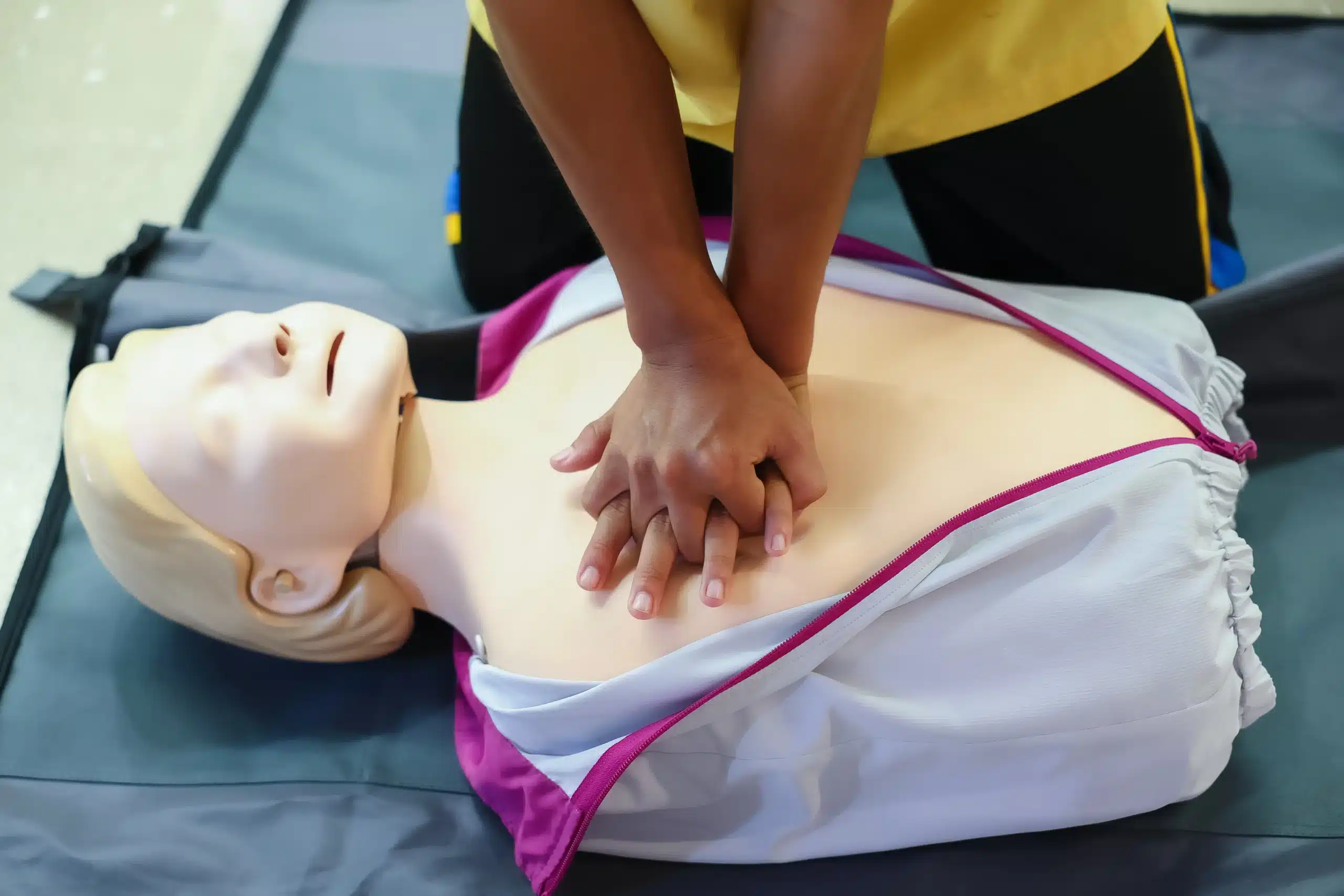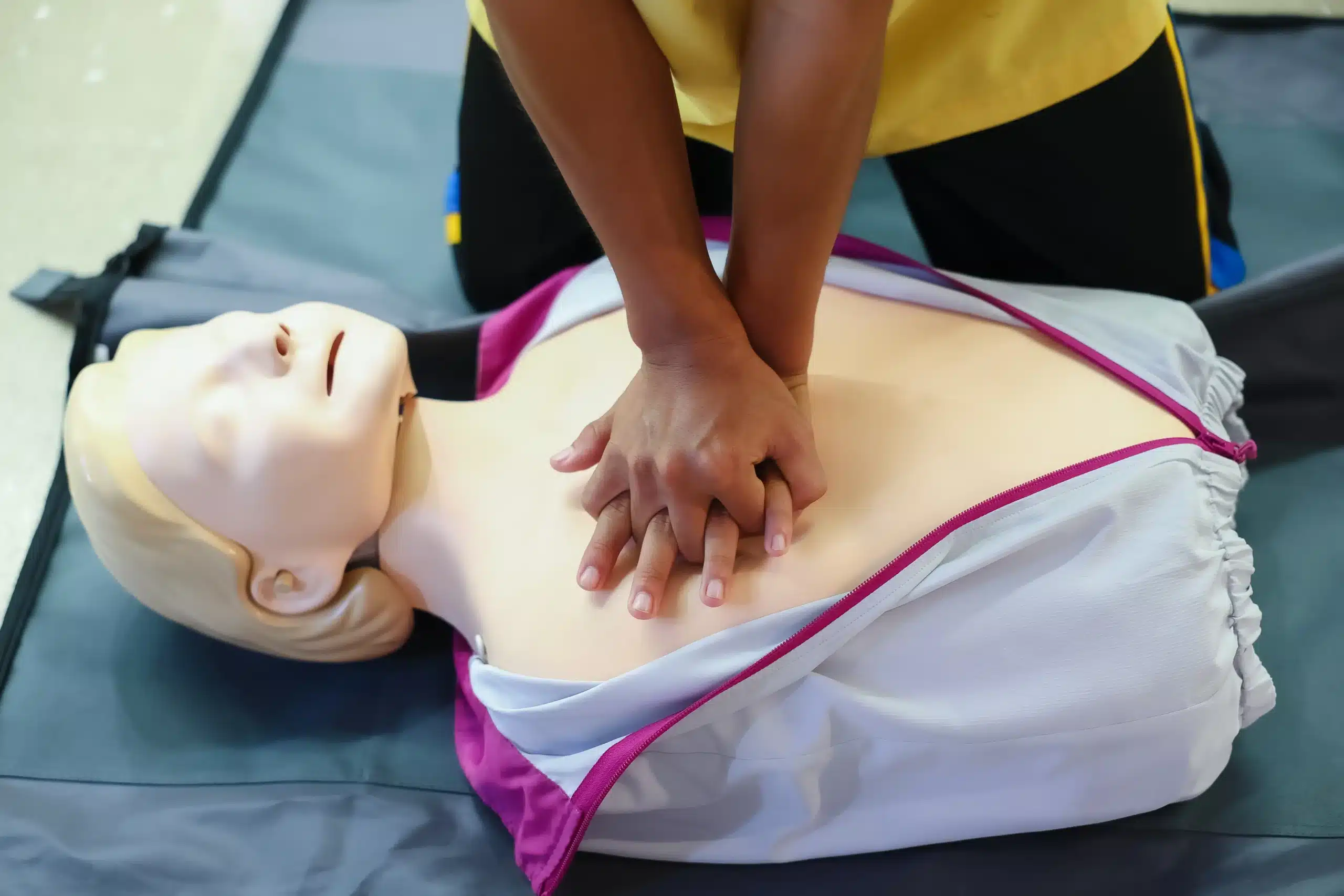When people think about CPR, they often focus on its life-saving power. However, surviving a cardiac arrest and undergoing resuscitation brings not just physical challenges but also emotional and psychological hurdles. Survivors frequently face a complex mix of emotions—from gratitude to guilt—and ongoing psychological recovery is critical for their well-being.
This blog aims to shed light on the psychological aspects of CPR recovery, provide practical coping strategies, and explain why mental health care is just as vital as physical rehabilitation. Whether you’re a survivor, caregiver, or simply someone who wants to understand more, this guide is here to offer clarity and support.
What You’ll Learn in This Blog
- The emotional aftermath of CPR and its short- and long-term effects.
- Proven strategies to help survivors and their families cope.
- Why psychological recovery should be prioritized in the healing process.
Understanding the Psychological Impact of CPR
Being resuscitated is not just a medical miracle; it is also a highly traumatic event. Survivors often find themselves grappling with emotional turbulence, psychological stress, and a newfound awareness of mortality.
Immediate Emotional Responses
Surviving cardiac arrest can trigger intense feelings of fear, anxiety, and confusion, often coupled with physical exhaustion. Additionally, disorientation can come from memory gaps about the event or the sudden realization of what could have happened.
Acute Stress Disorder (ASD)
Many survivors experience symptoms similar to acute stress disorder (ASD), such as flashbacks, hypervigilance, or difficulty sleeping. While these reactions can fade with time, in some cases, they can escalate into long-term mental health conditions.
Survivor’s Guilt
Not all survivors feel unwavering joy about their second chance at life. Survivor’s guilt can weigh heavily on those who perceive their survival as undeserved, especially when connected to situations where others were not as fortunate.
Long-Term Effects on Mental Health
The psychological ramifications of CPR survival extend beyond the first few weeks. Studies published in the Resuscitation Journal reveal that survivors are at significant risk for the following conditions:
- Anxiety (13% to 61% incidence rate post-event).
- Depression (14% to 45% incidence rate).
- PTSD (19% to 27% incidence rate).
A newly revived awareness of mortality often triggers survivors to question their purpose or grapple with existential concerns, which can be both unsettling and life-changing.
Adjustments to Worldview
Experiencing a near-death event like cardiac arrest can alter one’s perspective on life. For some, this leads to newfound gratitude or renewed priorities; for others, it raises complex questions about mortality and meaning.
Integrating these lessons into daily life is vital—but it isn’t always easy.
Coping Strategies for Survivors and Families
To promote recovery, survivors and their families need practical tools and meaningful support systems.
1. Mindfulness-Based Techniques
Mindfulness practices provide valuable relief from stress and anxiety. Here are simple options survivors and families can explore at home:
- Mindfulness Meditation: Spend 10 minutes a day focusing on your breath to calm your thoughts. Apps like Calm or Headspace can guide you.
- Journaling: Writing down your feelings can help process emotions and provide clarity.
- Yoga: Gentle physical exercise combined with mindfulness can reduce stress and improve overall well-being.
2. Support Networks
No one should recover alone. Emotional and moral support from loved ones can make a world of difference.
- Family and Friends: Honest conversations with trusted people create safe spaces to share challenges and victories.
- Survivor Support Groups: Online communities like the American Heart Association’s Survivor Forum provide emotional companionship and shared understanding.
- Professional Networks: Consider joining peer-led support meetings focused on trauma or health-related challenges.
3. Lifestyle Adjustments
A holistic approach, including healthy lifestyle changes, is essential during psychological recovery.
- Physical Activity: Light exercise, like walking, can boost both mental clarity and physical stamina.
- Balanced Nutrition: Eating nutrient-rich foods nourishes the body and mind, aiding both recovery and mood stabilization.
- Quality Sleep: Restful sleep is fundamental to healing, so prioritize creating a consistent bedtime routine.
4. Seeking Professional Help
Not all mental health challenges can be handled alone. Reaching out to therapists or counselors—especially those specializing in trauma—can lead to breakthroughs in recovery.
- Cognitive Behavioral Therapy (CBT): This evidence-based therapy focuses on replacing negative thought patterns with constructive ones, fostering resilience.
- Eye Movement Desensitization and Reprocessing (EMDR): Designed to help process trauma, EMDR is particularly effective for those struggling with PTSD.
- Therapist Recommendations: Seek professionals with experience in cardiac-related trauma. Ask potential therapists about their approach to tackling anxiety and recovery-related emotional blocks.
Why Psychological Recovery Is Essential
Surviving cardiac arrest is a complex connection between physical and psychological resilience. Addressing emotional health does not just alleviate discomfort; it significantly impacts physical outcomes too.
For instance, high stress levels can strain the cardiovascular system, potentially interfering with cardiac rehabilitation. By prioritizing mental well-being, survivors reduce the stress response, allowing their bodies to focus on healing.
Furthermore, the recovery process opens doors to personal growth and emotional empowerment. Survivors who actively address their mental health often find themselves more resilient, engaged, and optimistic about the future.
Practical Steps To Take
Consider CPR training to empower yourself with life-saving skills. Safety Training Seminars offers American Heart Association-certified courses in San Jose, CA including:
- CPR and First Aid
- Basic Life Support (BLS)
- Advanced Cardiac Life Support (ACLS)
- Pediatric Advanced Life Support (PALS)
These courses are designed for individuals in healthcare, childcare, and community roles who need to meet certification requirements or refresh their skills. Taught by experienced instructors, each class includes hands-on training to ensure participants feel confident and prepared. Flexible scheduling options are available to accommodate busy professionals.
Your Road to Resilience Starts Here
Recovering from the psychological impact of CPR takes time, patience, and consistent effort. By understanding the emotional challenges, exploring practical strategies, and seeking professional guidance when needed, survivors can overcome difficulties and emerge stronger.
If you or someone you know is navigating this path, remember—help is always available. Sharing resources like this article can make a meaningful impact.
Finally, reclaiming resilience isn’t merely about bouncing back—it’s about moving forward with wisdom, gratitude, and a renewed sense of purpose. And if you’d like to get involved in helping others, consider learning CPR yourself. Small actions can save lives—and brighten futures.



